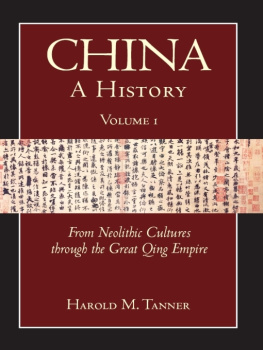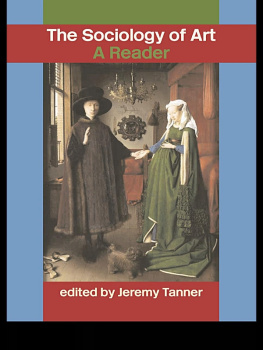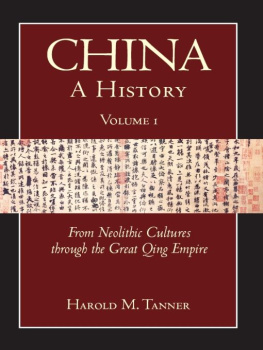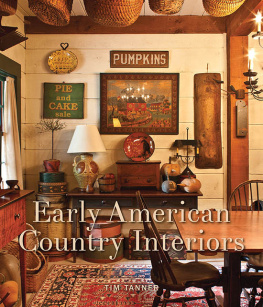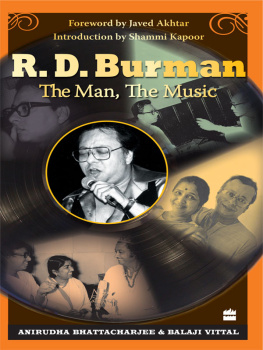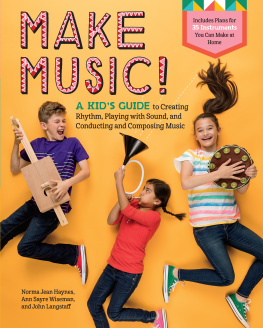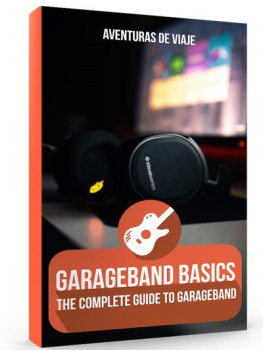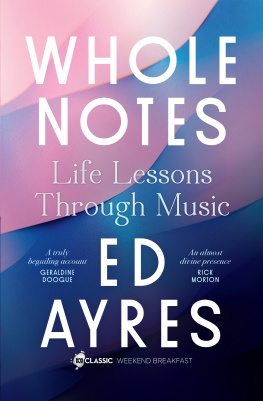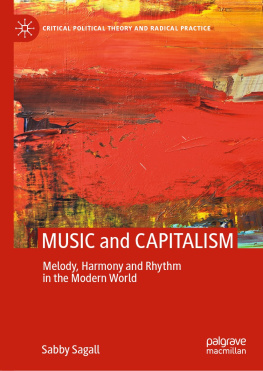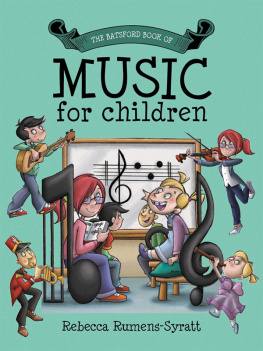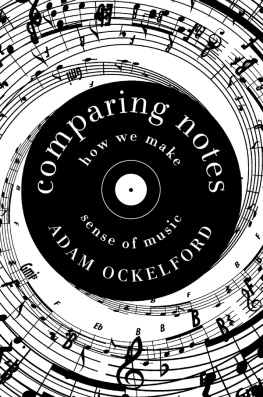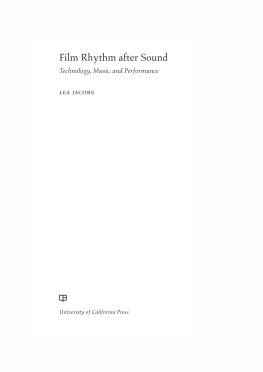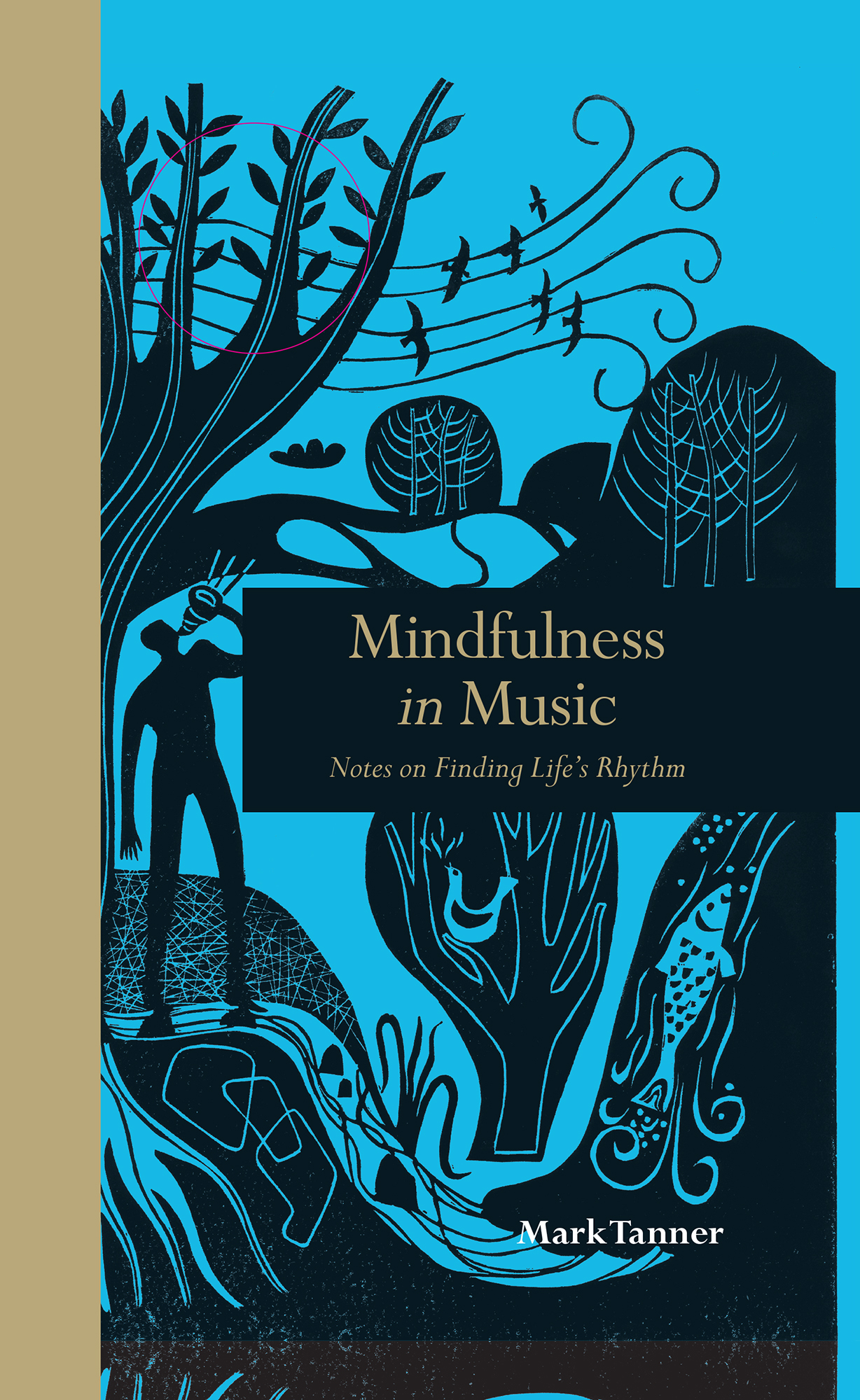MINDFULNESS IN MUSIC

The essence of meditation is beautifully simple, yet Buddhists, who practise it for a lifetime, may still sense the possibility of a deeper, even more profound serenity. Similarly, a musicians longer-term pursuit of perfection will almost invariably be driven by a desire to achieve something immediate and personal.
I N THE BROADEST SENSE , exercising mindfulness in music is about being open, embracing and receptive to sound. Beyond this loose starting point, mindfulness splinters off into different directions according to our specific orientation. Being mindful as a performing musician, for example, means tapping into that most elusive of flow states, whereby ones musical expression is able to radiate outwards in a vivid, continuous stream. This requires the performer to be so at ease with the environment, and so focused on the musical experience itself, that nothing else perhaps especially matters of execution (let alone the audience) actually matters.
For the practising musician, who may have little or no aspiration ever to perform in public, but who prefers instead to derive pleasure from the act of playing or singing, mindfulness is about locking on to each valuable passing moment. This brings about more rewarding, satisfying playing and learning, and at the same time holds back the incapacitating habits of over-thinking, over-practising and over-reaching. The act of doing should matter more to us than what we might eventually accomplish; when this is not the case, I cant help wondering if we are simply missing the point.
For the keen listener, mindfulness is primarily a matter of feeling free of distraction, so that one becomes entirely swept up by the music or the dramatic sound of a storm thrusting its way through a valley, for example and hence able to gain maximum pleasure from so doing. Equally, there will be times when it becomes important to play a more active role in the musical experience, not just sit back and allow the music to do all the work.
But irrespective of our orientation which may well change over time we will need to drill downwards into the nature of sound itself, not just our receptiveness to it, and perhaps also to contemplate afresh our own capacity for creativity.
Sweet Surrender
This all comes down to our willingness to surrender to musics intensity and poetry, and hence to relax our grip on our instinct to control it. How we think, how we breathe and how we physically move all influence our capacity to be nurtured by the music in our lives. Preconceptions about what music might have the potential to be will tend to distract us from what it actually is, right now. Here comes my favourite bit is a common enough thought bubble when playing or listening to a piece we love, and yet it snatches from us any possibility of being moved by the particular verse, solo or middle-eight in full swing. Mindfulness gives full value to the immediate emotional impact of music every appoggiatura, every unguarded crackle in the voice, every fleeting nuance so that we find ourselves drawn further into the musical experience itself. Mindfulness in music leaves us with a feeling of equanimity, of self-balance. As we allow ourselves to be carried along on the crest of each musical wave, we are no longer swimming against the tide of our intellect; we steadily become more compassionate to ourselves, more in tune with those around us and more ready to imagine music as simply an extension of nature.
My Mindful Journey
My own mindful journey, I now realize, began even before Id taken up the piano aged eight, the instrument that has since taken me all over the world many times, performing on land and at sea, examining, judging festivals and giving masterclasses. As a boy, I greatly enjoyed being on my own, thinking, reading, scheming, learning conjuring tricks from American magazines and giving in to the music that seemed to be underscoring my every move. I could lose myself for an hour at a time, staring out of a window, just watching the rain. The music that fired up my imagination at times became so loud and tempestuous that I recall being amazed my mother could not hear it coming out of my ears.
The assumptions we make when we are young about how other peoples minds work tend to be amusingly off target. I assumed from as far back as I can remember that music was not just central to how humans interact with each other, but a defining quality of life itself. I also assumed that everybody aspires to play an instrument, at least to the level where they can play a dozen party pieces, and that listening to a new tune a couple of times is all anyone needs to be able to grab an instrument and play it back, or at least hum it. Few of these assumptions turned out to be remotely true, of course, and I suppose it was important for me to ease my way slowly into the real world, where there are as many views of what music is as there are people who are prepared to express one.
Every Breath You Take
As a college piano student, I spent a great deal of time studying scores and drinking coffee (in roughly equal measure). At first, I was a terrible practiser I would shamble into a room, sit down and immediately launch into something difficult with which I might impress myself sufficiently to continue for a while longer. This self-induced shock tactic sometimes worked. But when it didnt, I lacked the resources with which to gain ground, mistaking engagement with sheer persistence. I suppose I thought of practice as work and playing as play; it was some time later that I realized the importance of gaining pleasure from every minute I was spending at the piano, whether at work or not. My frame of mind when learning something new dictated whether I was doing battle with it or exploring its inner personality. Things improved as I slowly came to terms with how quickly time passes and how easily opportunities seem to slip through our fingers; I began to explore my capacity to enjoy rather than endure the minutes and hours I was spending in the company of my instrument.


